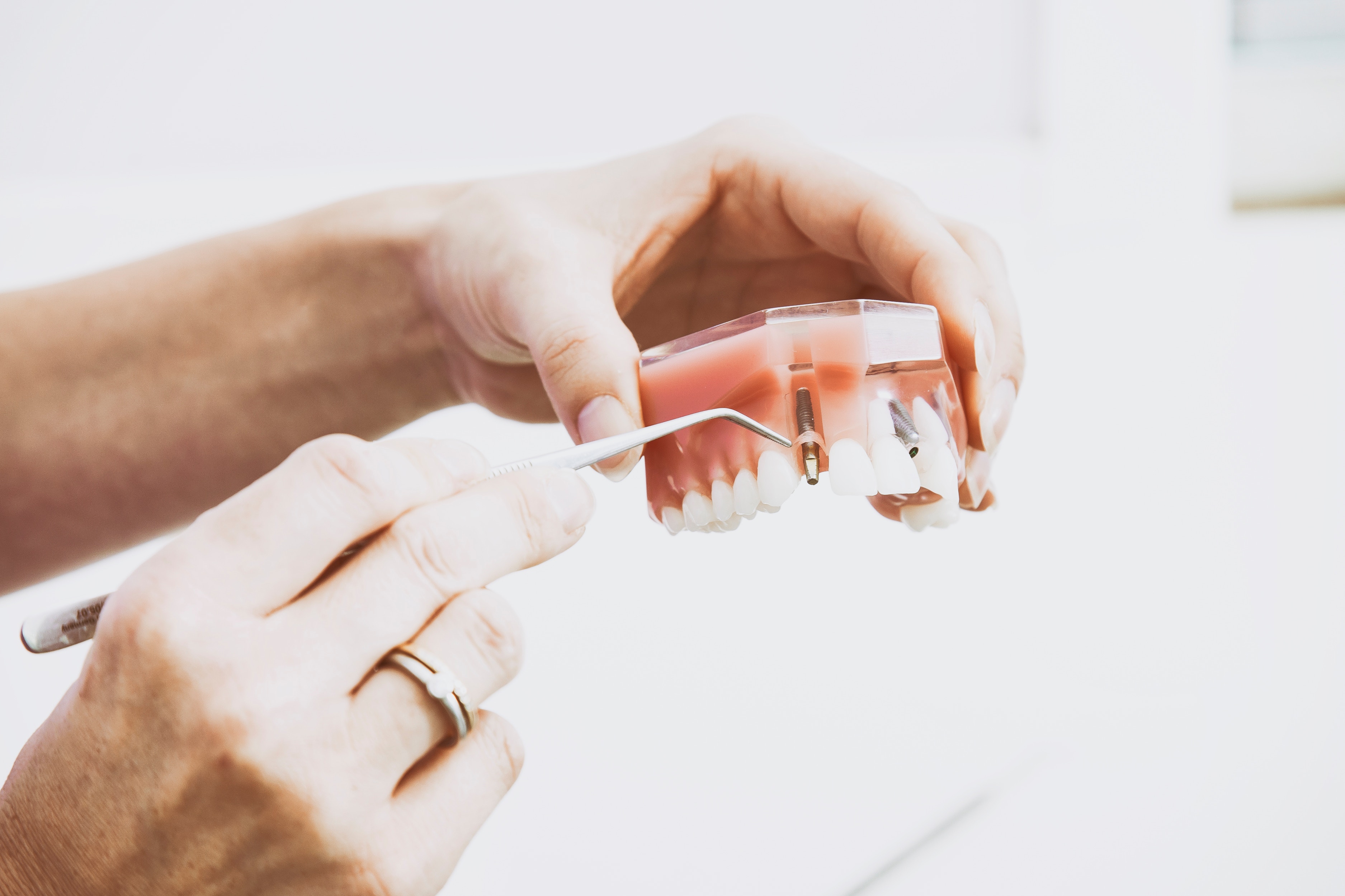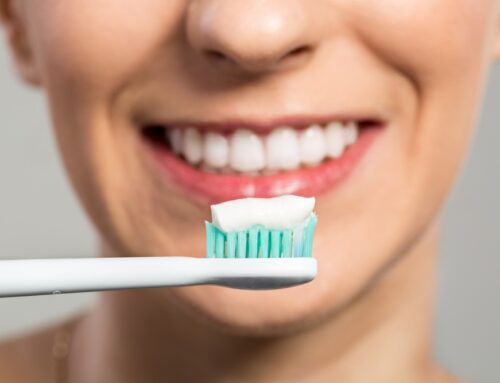In the medical community, wisdom teeth are something of a mystery. While we’re not exactly sure why humans need a third set of molars, or why they only erupt in our late teens or twenties, one thing is for sure: when your wisdom teeth do come in, they can wreak all sorts of havoc inside your mouth. If your wisdom teeth are starting to come in, or if they’ve already come in, you may be wondering if it’s necessary to get them removed. Although only you and your dentist can make the decision about whether or not to get your wisdom teeth taken out, here are a few general scenarios where they can stay in, and a few where they’ll need to be removed.
When Can Your Wisdom Teeth Stay In
It can be kind of tricky deciding when wisdom teeth can stay in and when they need to be removed because you won’t really know until they’ve fully erupted. Some problems can be identified early and wisdom teeth can be removed before they cause any issues but if they seem to be growing in properly, there’s usually no immediate need for surgery. If your wisdom teeth are fully erupted and are not causing any problems, they can likely stay in for the rest of your life. As long as each of your wisdom teeth is healthy, fully erupted, positioned correctly, and you can easily keep them clean, it will be fine for them to stay in place.
When do Wisdom Teeth Need to be Removed?
When your wisdom teeth don’t grow in properly, they can create all sorts of problems, some of which even have the potential to be life-threatening. Sometimes, wisdom teeth become impacted, meaning that they stop growing out before they’ve fully erupted. In some cases, they can remain completely hidden within the gums, creating the potential for infections and cysts that can harm the roots and bone structure of the jaw. In other cases, they erupt only partially, creating a pathway for bacteria and food particles to get inside the tooth socket. Once again, this can cause infections that can kill healthy teeth.
Wisdom teeth can also grow in at odd angles; sometimes they even grow in sideways! When this happens, they can crowd your existing teeth, resulting in a crooked smile and difficulties with your bite. An errant wisdom tooth can also cause physical damage when it comes into contact with healthy teeth or roots. If you experience symptoms like pain, frequent infections, cysts, tumors, tooth damage, or tooth decay related to your wisdom teeth, it’s probably a good idea to get them removed.
As your wisdom teeth grow in, see your dentist regularly for dental x-rays to track their progress and make sure they’re not impacted or growing sideways. If problems begin to develop, it’s almost always better to get those wisdom teeth removed at a young age for shorter recovery times. Of course, only you and your dentist can make this decision, so be sure to schedule regular dental visits every 6 months and follow all your dentist’s recommendations. For residents of New Jersey and the Philadelphia, Pennsylvania area, ZDental has five different locations to make regular dental visits convenient for you. Head over to our contact page to find the location closest to you and call to schedule an appointment today!







Leave A Comment